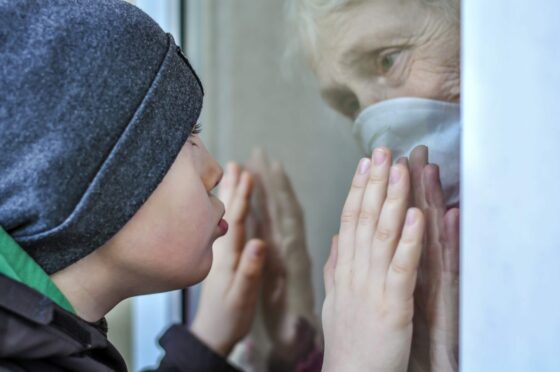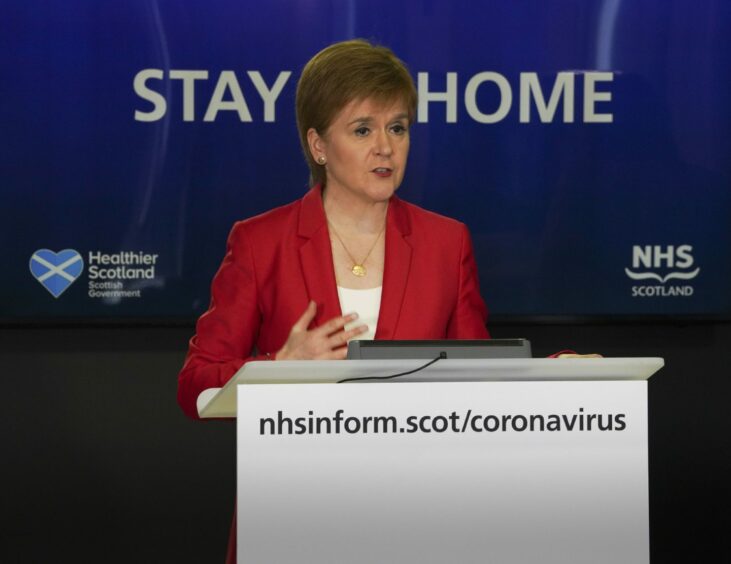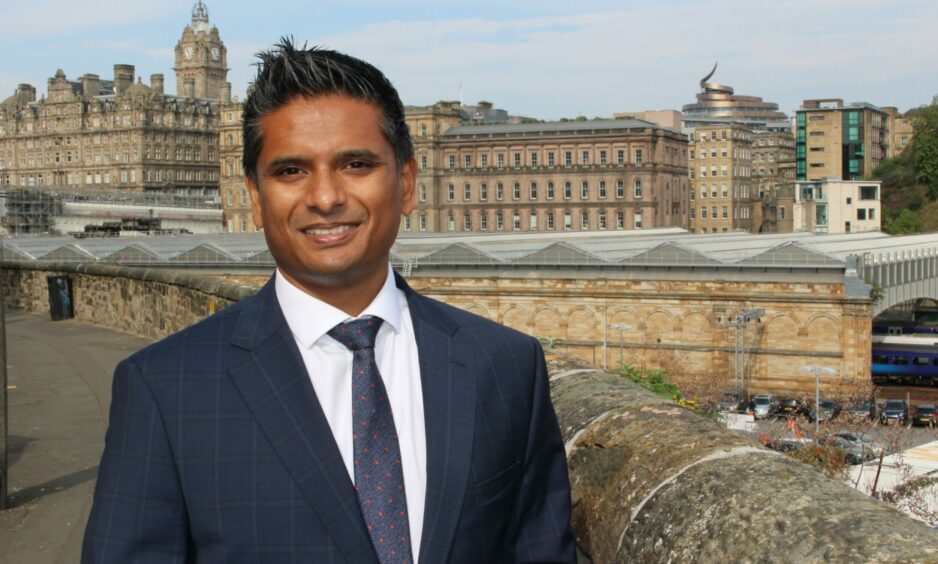More vulnerable Scots could die than during Covid if a new pandemic happens tomorrow, one of the country’s most senior care leaders has warned.
Dr Donald Macaskill, chief executive of the industry body Scottish Care, said there is “not a hope” Scotland would have the systems and leadership in place to cope with another outbreak.
In a striking admission, he cautioned: “I am absolutely not confident at all that we would not have more people die in our communities and our care homes if there was a pandemic tomorrow.”
Mr Macaskill said he is probably more pessimistic about the state of the industry now than he was during the darkest days of Covid.
Around a third of care staff have left the sector since the pandemic, with many providers reporting large numbers of unfilled vacancies.
Even where those staff have been replaces, Mr Macaskill said the drain of experience from the sector would put patients and residents at risk.
“Social care has lost about a third of staff since the pandemic – so a third of people who were there in 2020 aren’t anymore,” he said.
“That third is experienced, skilled practioners.
“They have been in part replaced but not completely – and you can’t replace that skill and experience.
“The reason not more people died is because of the skill and dedication of frontline staff – they’ve gone.
“If you’re asking if we’ve got systems in place and politicians and leadership who understand social care and could manage a pandemic today, not a hope.
“That’s because they continued not to listen and respond to the needs of social care.”
Between 2020 and 2021, thousands of deaths relating to Covid were reported in care facilities.
Thousands of people were discharged from hospital into care homes without being tested in a bid to free up beds.
Even when tests were carried out, some with positive results were still discharged – potentially spreading the virus to other residents.
Scottish Government ‘not listening’
Mr Macaskill is downbeat about the political response to a future pandemic, in part blaming a failure by governments to include care providers in planning.
He pointed out that even today, in a bid to tackle bed-blocking, there are cases of people discharged into care homes inappropriately.
“The care sector has for years had difficulty with clinicians in hospital whose desire is to get someone out of hospital,” he said.
“That practice, which we had complained about before 2020, inevitably led to consequences. That’s still going on today.”
Scottish Conservative health spokesman Dr Sandesh Gulhane said the government’s recovery plan has failed residents and frontline staff.
He said: “Donald Macaskill is right to say the problem is bigger now than it was in the pandemic but the SNP’s costly and centralised care service is simply not the solution.
“It is clear preparation during the pandemic moved far too slowly within the SNP Government and continues to do so.
“Serious lessons must be learnt as we cannot run the risk of serious errors – such as Covid positive patients ending up in care homes – ever occurring again.”
The Scottish Government said challenges such as energy costs, the cost of living and Brexit had impacted recruitment in care homes.
It added: “We continue to engage with Scottish Care and other partners regularly to build a more sustainable workforce that feels truly valued and properly rewarded for their work.
“We have increased pay and are working towards our commitment to increase spend in social care by 25% by the end of this parliament, an increase of over £840 million.
“In the longer term we believe the National Care Service will help us and our partners to provide consistency in further improved pay and conditions, access to training and development and ensuring a career in social care is attractive and rewarding – but we are beginning to make those improvements now.”




Conversation